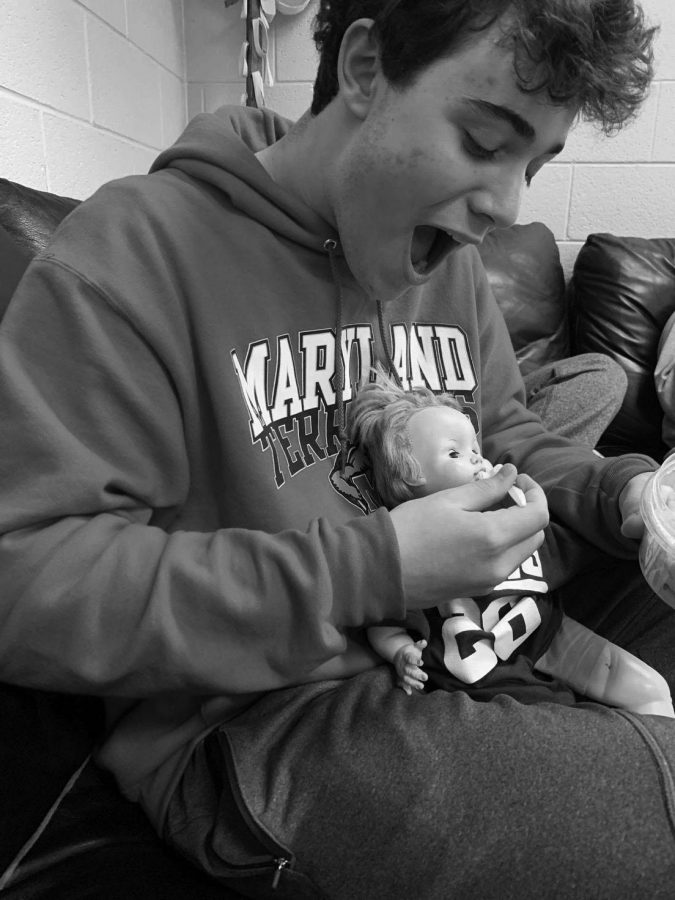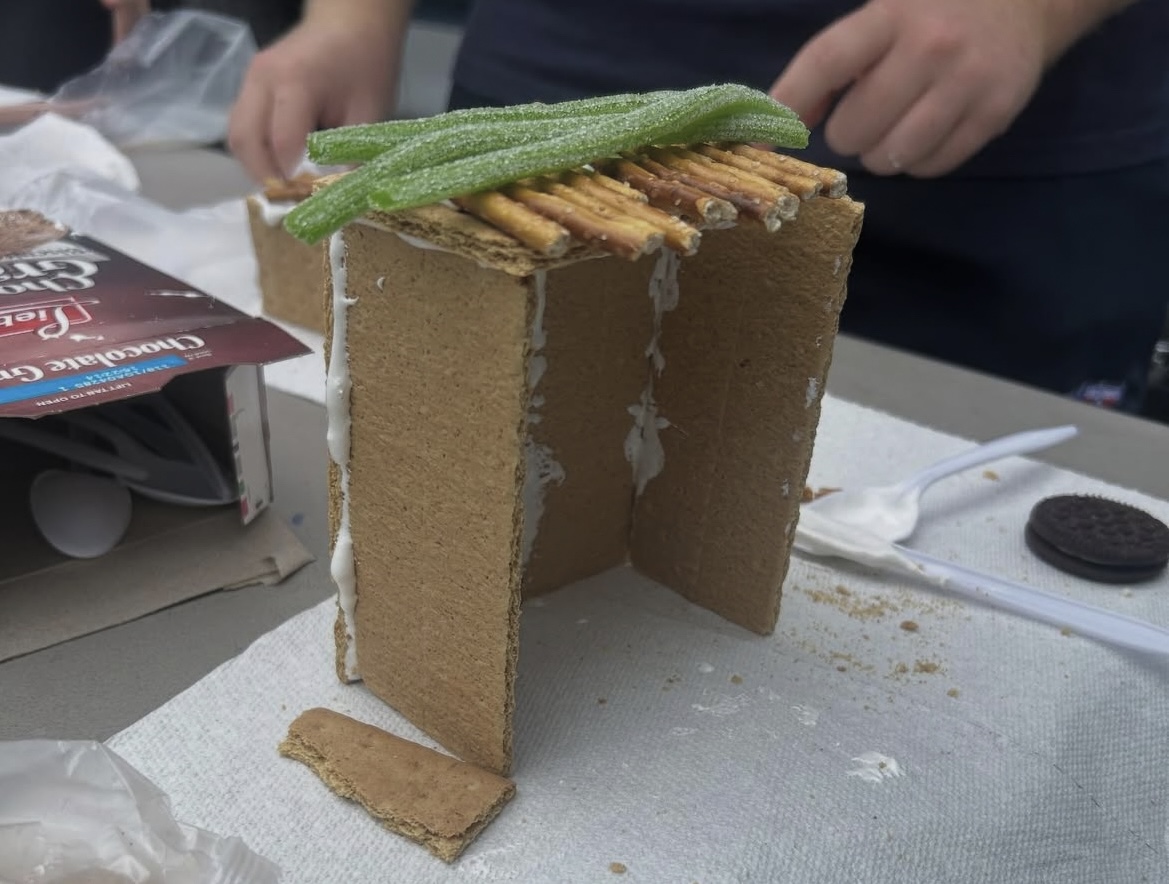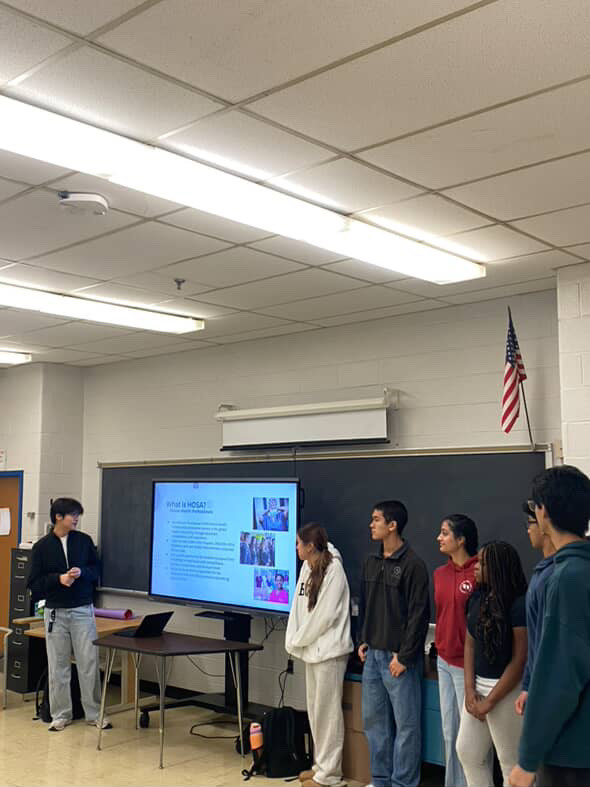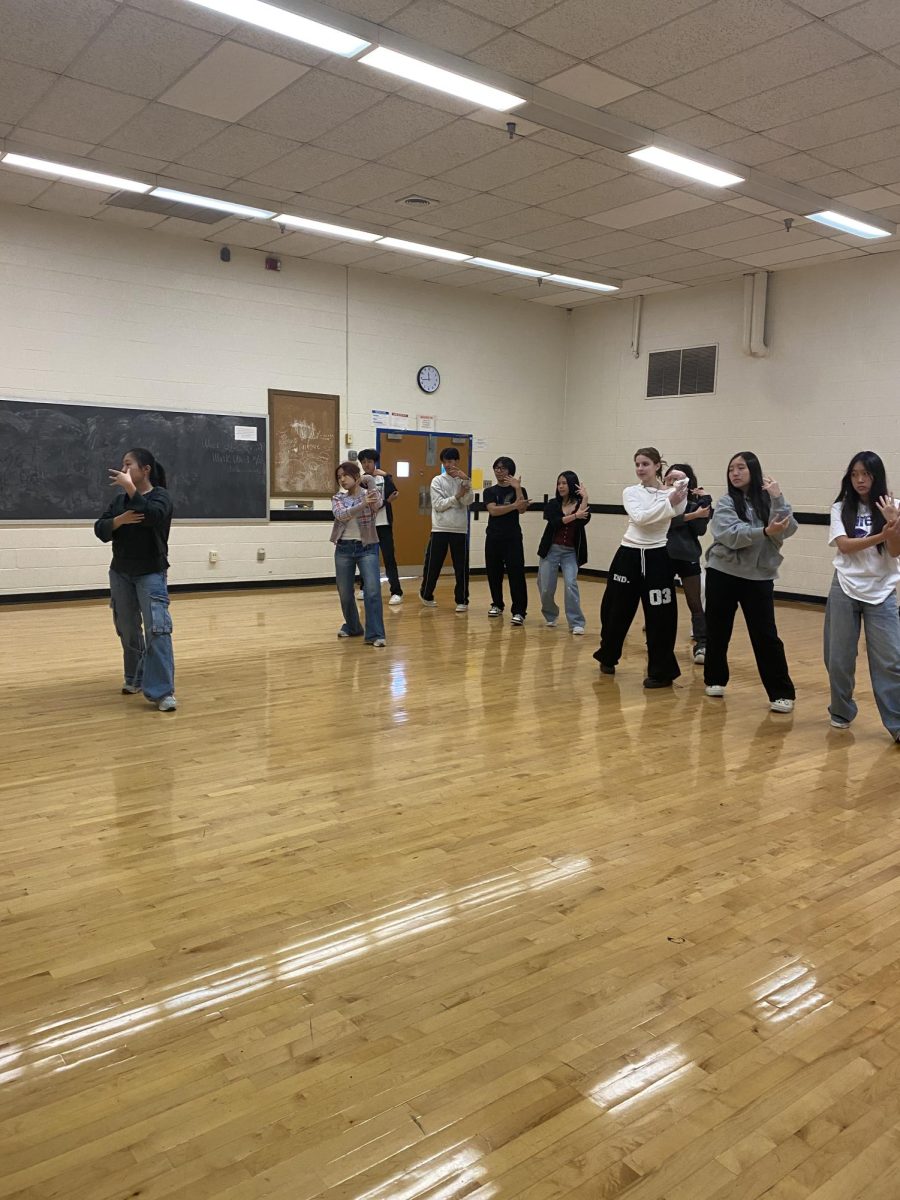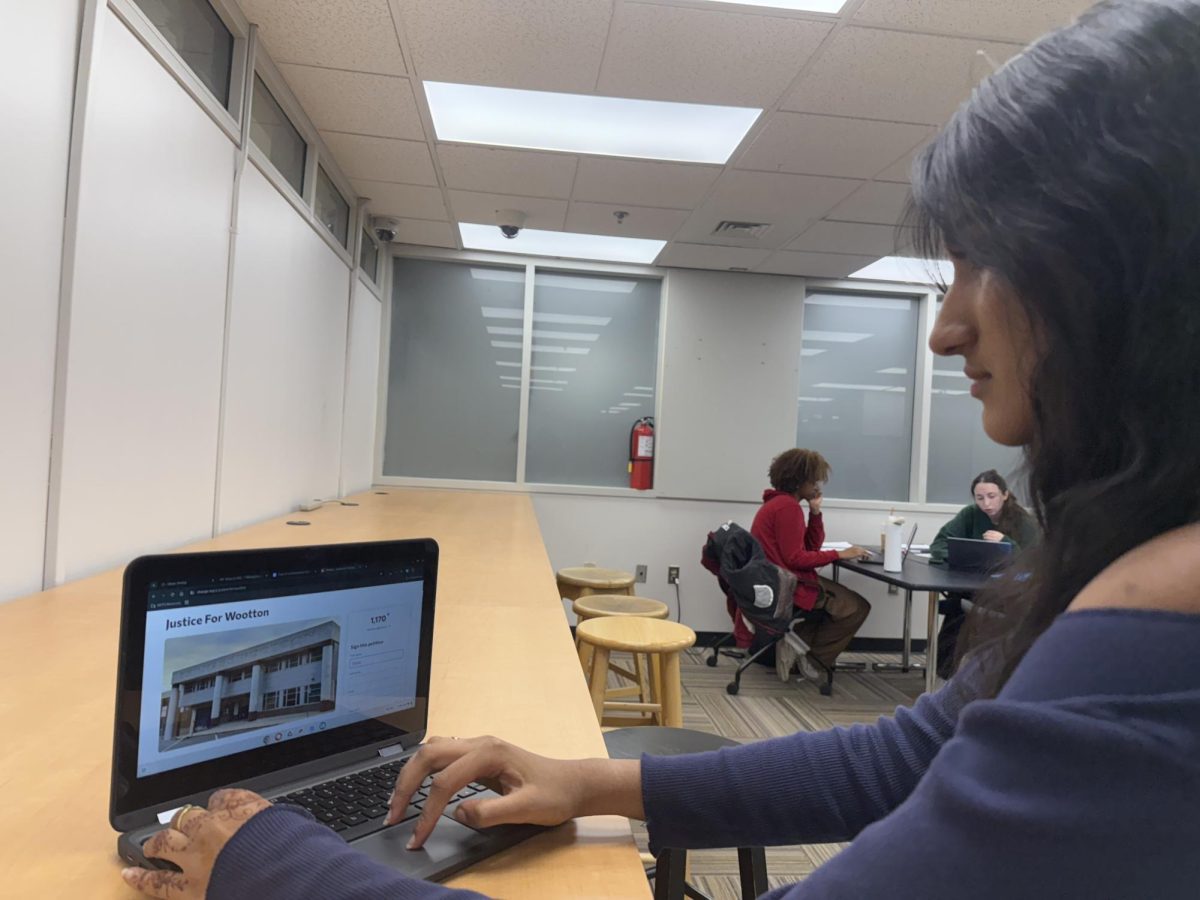Ever wondered what your future is going to look like? Whether or not you’ll be married, have the job of your dreams, or have kids? The marriage and family unit in the sociology class may be the place for you to test that out.
The marriage and family project is a one-week experiment designed to simulate what it would be like to raise a family as a grown up. First, every student gets married by picking a name out of a hat. If the partnership does not work out, students can get divorced and get remarried, but they have to figure out how much that would cost.
Each partner then has to pick a job, however, they must think about their budget and how much it would cost to go into that profession. For example, if a student wanted to be a surgeon, they would have to consider how much college debt they would have when creating their budget. No free college education or parental help is allowed when paying for tuition. All students also must take an entry level position in whatever job they choose.
Then, every couple is given a doll to represent a baby. They must also factor how much money goes into the child’s food, daycare and anything else he or she may need in their set budget. The couple must also figure out who gets the baby at what times because just like a normal child, a baby has to be watched at all times including at school, home and even the bathroom. If both parents are busy, they are allowed to hire a “babysitter,” one of their friends or family members, to watch their kid.
Sociology teacher Amy Buckingham created the project. “This project is designed to show them the level of responsibility you must have to take care of a child. However, this is such a minuscule view. If you forget your baby at home for example, it is not the same as real life. You can not just forget about your baby in real life and expect everything to be OK,” Buckingham said.
Grading is based on the student’s journaling. Every day, participants of the project must document how they feel, what happened during the day and anything else that they feel is necessary to write. Students must also take pictures of them feeding and changing the baby as proof that they are taking care of them. If Buckingham or one of her “spies” notices that the baby is not being cared for, the baby can be taken away for a short amount of time.
Sophomore Ethan Fayne felt both highs and lows of being a parent. “It has been fun to pretend to be a parent at such a young age, but it has also been a struggle to care for them all the time. Overall it has been a fun simulation,” Fayne said.
Buckingham has never had to take a child away from a parent. “No matter what a parent does, I never want to take a child away from a couple because I want to be as realistic as possible. In real life, the court wants to keep kids with their biological families as much as they can, so, I want to do the same,” Buckingham said.
Junior Jasmine Chee notices her friends carrying around babies. “Every year I see people with babies and think about how fun it must be. I hope I have space to take sociology next year,” Chee said.


